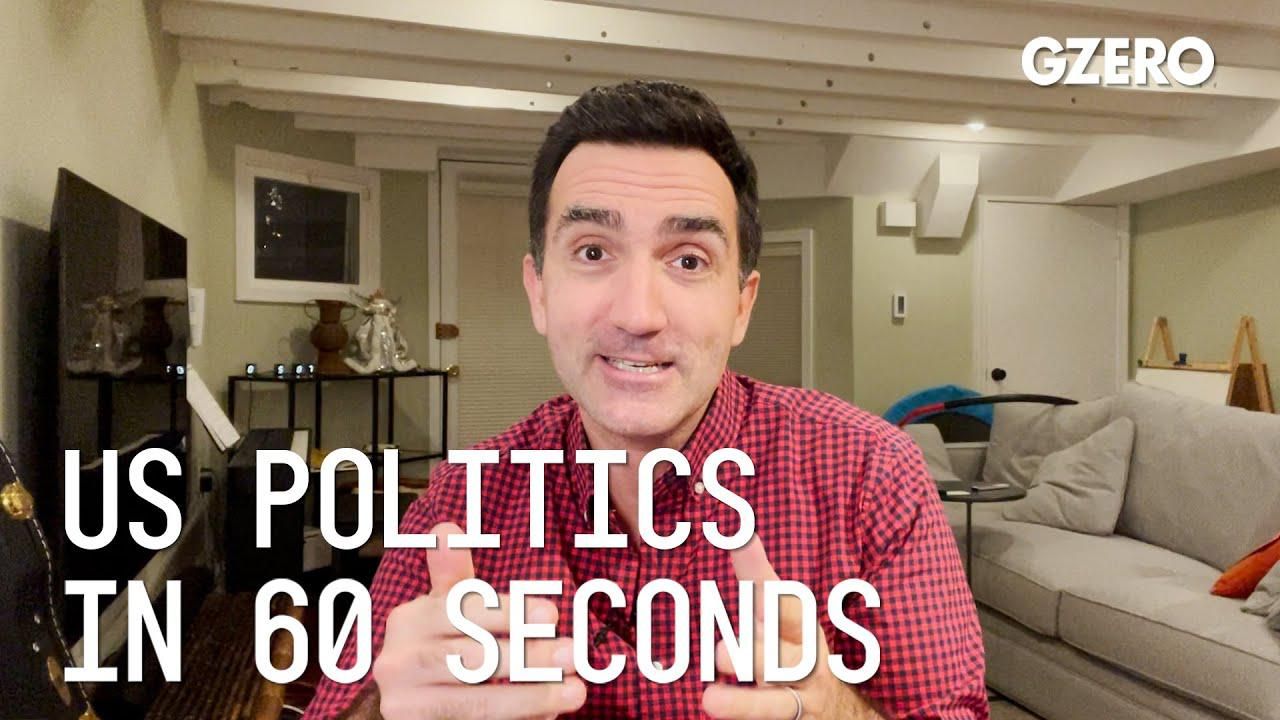
Jon Lieber, head of Eurasia Group's coverage of political and policy developments in Washington, discusses social media, US housing market, and learning to live with COVID-19:
What are three profound changes that you would foresee that will shift the nation in a good way?
Well, it's kind of hard to be optimistic when you spend too much time looking at US politics, but I'll give you three things I think would help. One, and that will help, one, Americans are going to get smarter about social media. A quiet storyline this year has been an ongoing investigation in Congress into the harm that can be caused by unfettered access to social media platforms. A whistleblower came forward with some evidence from some of the tech companies suggesting that too much time on social media can be harmful, particularly for teen girls. And I think parents are going to start to get smarter about this issue. There won't be legislation, and this will be a slow process. While unfettered 24-7 human contact has been great in many ways, it also has a dark side, and these kinds of congressional investigations will help give parents new tools to help deal with that.
Two, more housing. We're in the middle of a mulit-year-long nationwide housing crisis. Median home prices have nearly doubled over the last 10 years with a huge run-up in the last year or two during the pandemic. Policymakers in California have responded by banning single-family zoning, allowing more houses to be built on any given plot of land. And you should start to see more of this type of thing across the country. Higher interest rates will help stop some of the price increases that you've seen over the last few years, but they won't necessarily make housing more affordable. What you need to make housing more affordable is more housing. And I think you're going to see it in the next few years.
Finally, the third big change I think would change the US for the better would be learning to live with COVID. It's been a very difficult two years for many, many Americans. The economy's still not quite back to where it was pre-pandemic, and a lot of Americans are still avoiding contact with each other, social distancing, canceling travel plans, staying away from grandparents, and all of this has a really sad effect. So I think learning to live with COVID and accepting the risk and the benefits of vaccination and booster shots that help keep people out of the hospital and keep them from dying will be a really helpful shift to make sure that schools stay open, education can go on un-disrupted, and families can get back together again.